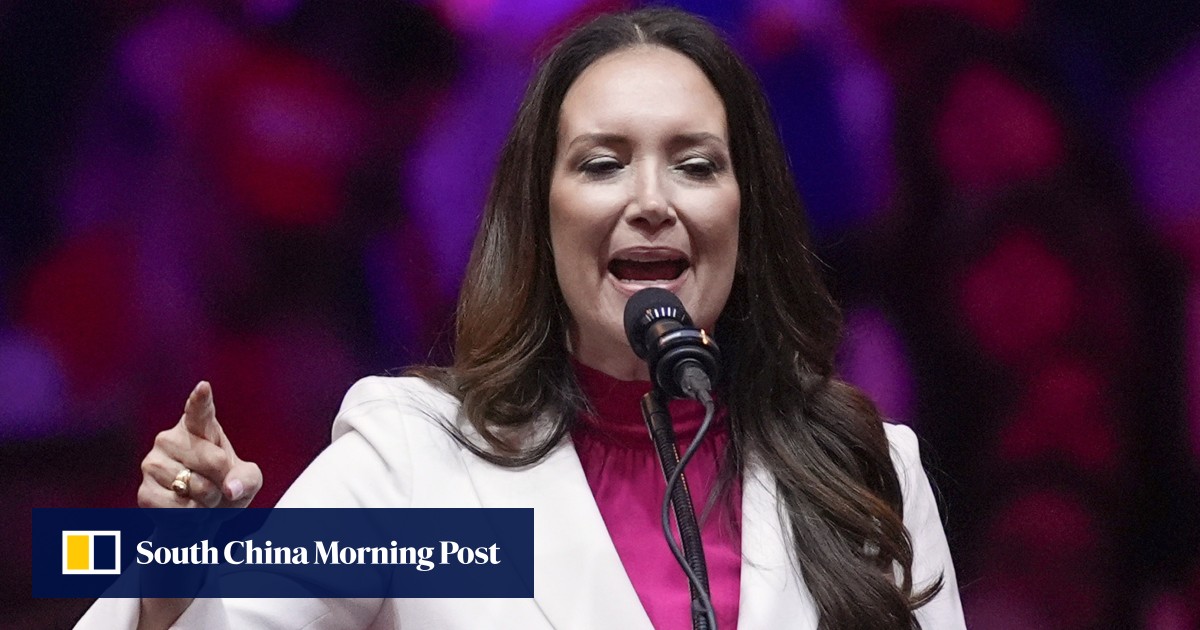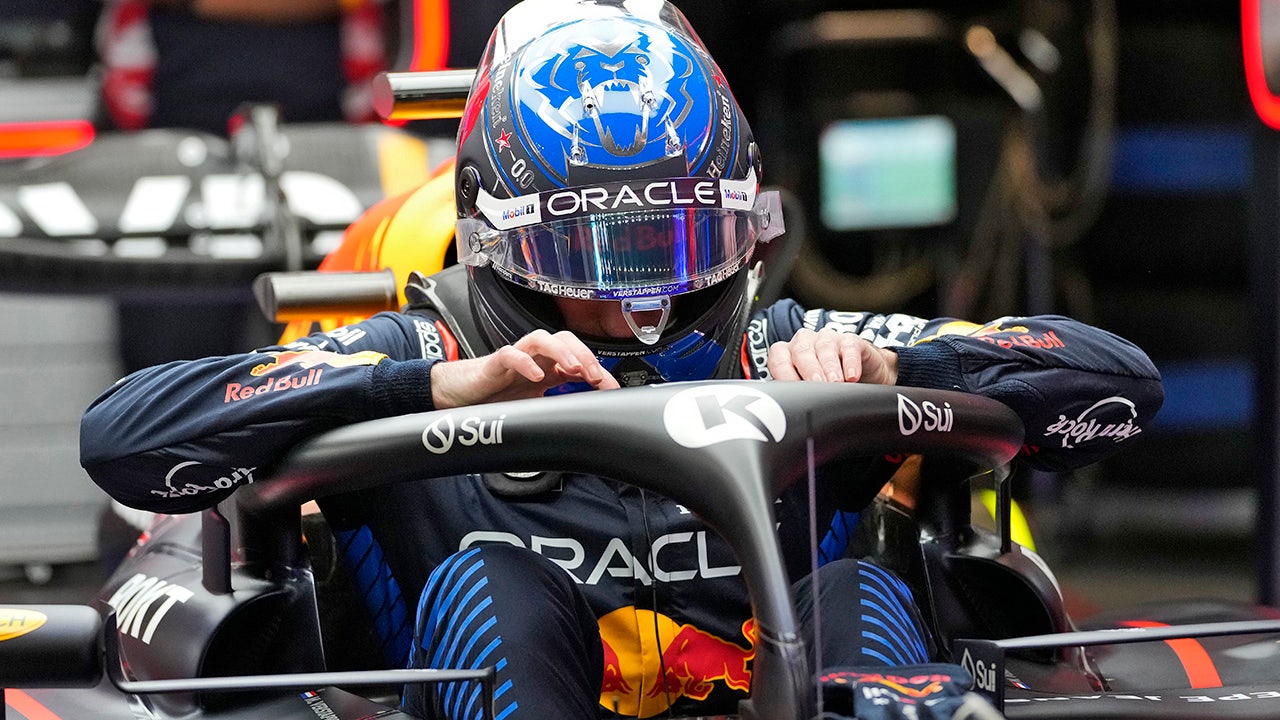World
Who could replace Biden if he drops out of the 2024 US presidential election?

The sitting veep would likely be the only one who could short-circuit a truncated nomination squabble that could turn the Democratic National Convention into a circular firing squad.
As the first black woman to serve as vice-president, Harris could make a powerful case that passing over her would be an unacceptable snub to the most loyal Democratic voters. Harris, 59, is also much more widely known than any of her potential rivals. Many believe she has the chops to successfully take the case to former president Donald Trump, who is widely despised and feared by Democratic voters.
“It’s like apples and oranges,” said Larry Sabato, a University of Virginia political scientist.
Here’s a breakdown of the potential nominees.
Kamala Harris
Pros:
As Biden’s loyal vice-president, Harris would be the obvious choice to succeed him, perhaps by acclamation if he were to enthusiastically back her. She ran a successful campaign by his side and tens of millions of Democrats have already voted for her.
Harris would portray herself as the younger and more capable alternative to Trump, who remains a singularly unpopular figure who lost the popular vote twice.
She has the ability to position herself as the candidate who represents a vision of what Democrats see as America’s political future: a smart, younger, non-white woman who has proven herself on the highest stages.
Cons:
Some believe America is not ready to vote for a woman, let alone a black woman, for the nation’s highest office.
Republicans say she has a so-so record as vice-president, and Trump would certainly rip her for failing to solve the crisis at the southern border.
Harris’s identity as a California progressive could be a particularly tough sell in the rust belt battleground states that look likely to determine the next US president.
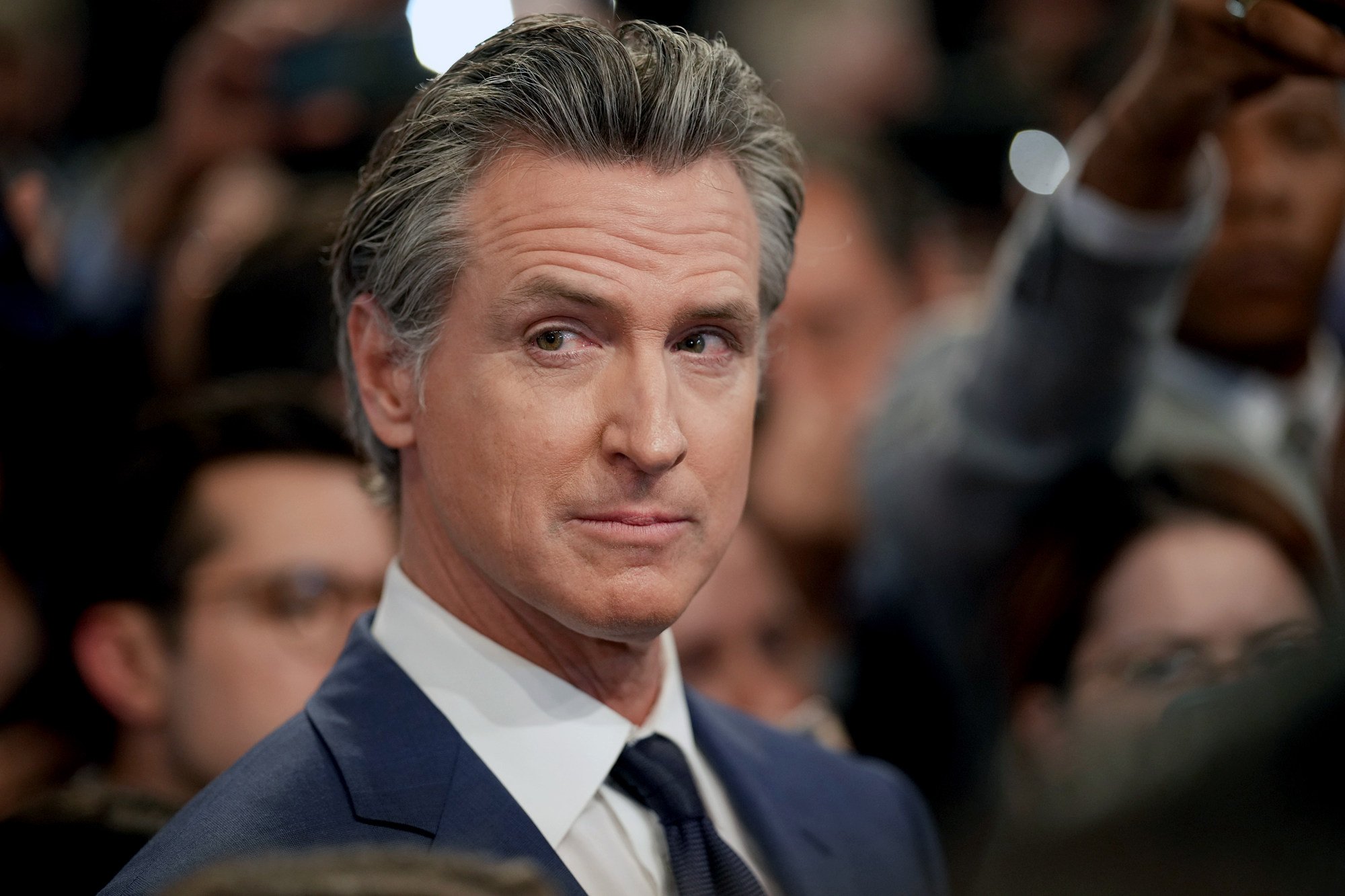
Gavin Newsom
Pros:
The California governor is a popular, young, considered effective and is an articulate leader of the biggest blue state of them all. He showed he can land and take political punches when he battled Florida Governor Ron DeSantis in a one-on-one slugfest during the primary campaign.
Like other relatively youthful Democrats, the 56-year-old could make a dramatic contrast with the older and unpopular Trump.
Cons:
Newsom’s slicked-back West Coast image would be a problem in the Midwest.
Republicans would have a field day attacking him for the perceived problems of the Golden State, where they say high taxes and liberal policies have led to an exodus and population decline.
Like any other white candidate, he could likely emerge deeply wounded from what could be an any ugly fight over the nomination and the perception that a capable black woman was passed over for a white man.
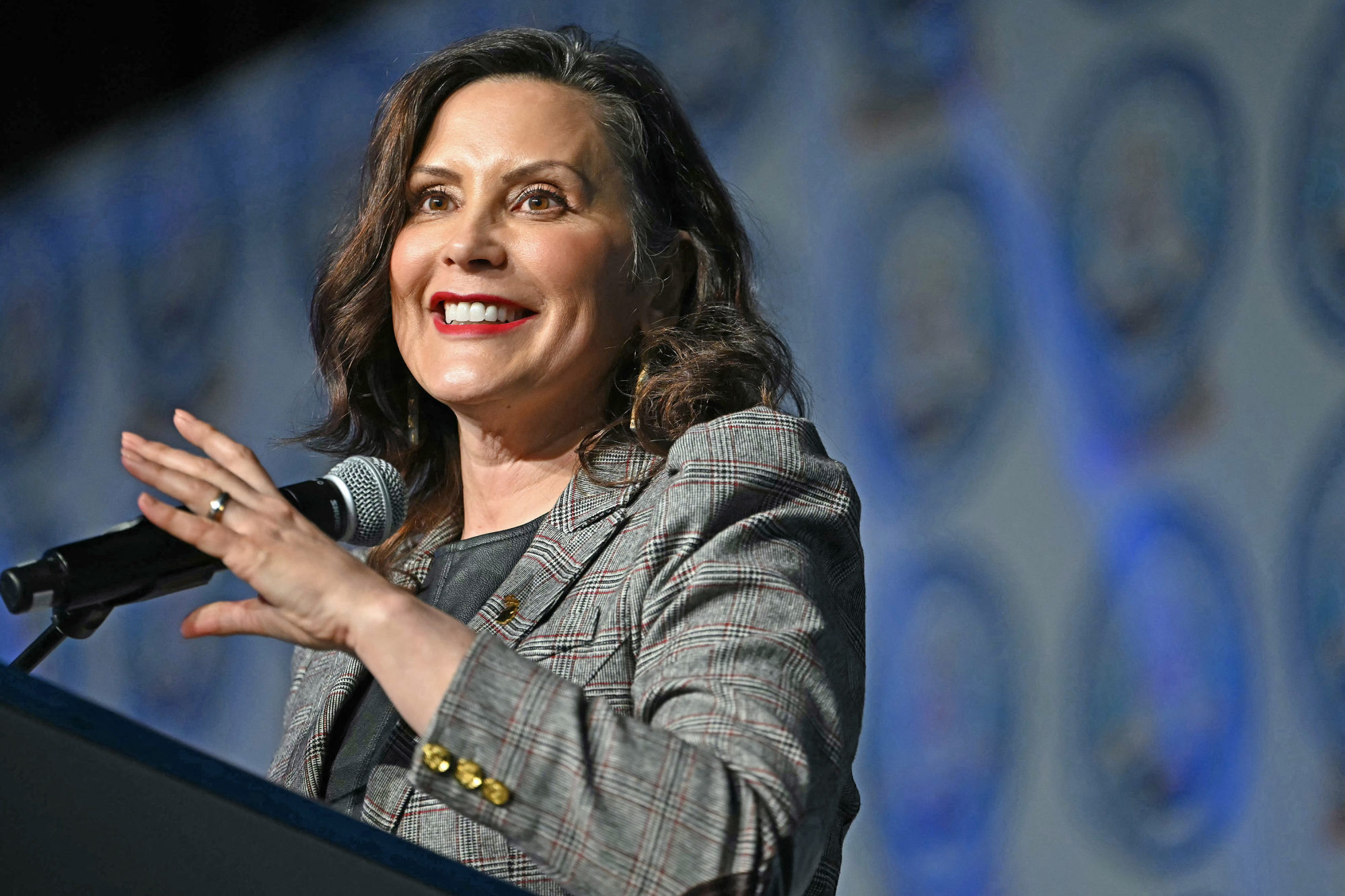
Gretchen Whitmer
Pros:
The Michigan governor is many Democratic strategists’ dream candidate: she is the successful and extremely popular leader of perhaps the most pivotal rust belt swing state.
At 52, she is younger than many of her rivals, let along Trump, who is 26 years older than her.
Whitmer has a tough-as-nails Midwest demeanour that could hold broad national appeal, especially in contrast to Trump.
Cons:
Whitmer is still not as well known nationally to Democratic voters as her main rivals and has not yet run for president.
Some say American voters will not vote for a woman candidate, pointing to Hillary Clinton’s losing 2016 campaign.
Like others, she would have a tough time repairing the damage from a potential fight with Harris and uniting the party’s base to confront an ascendant Trump.
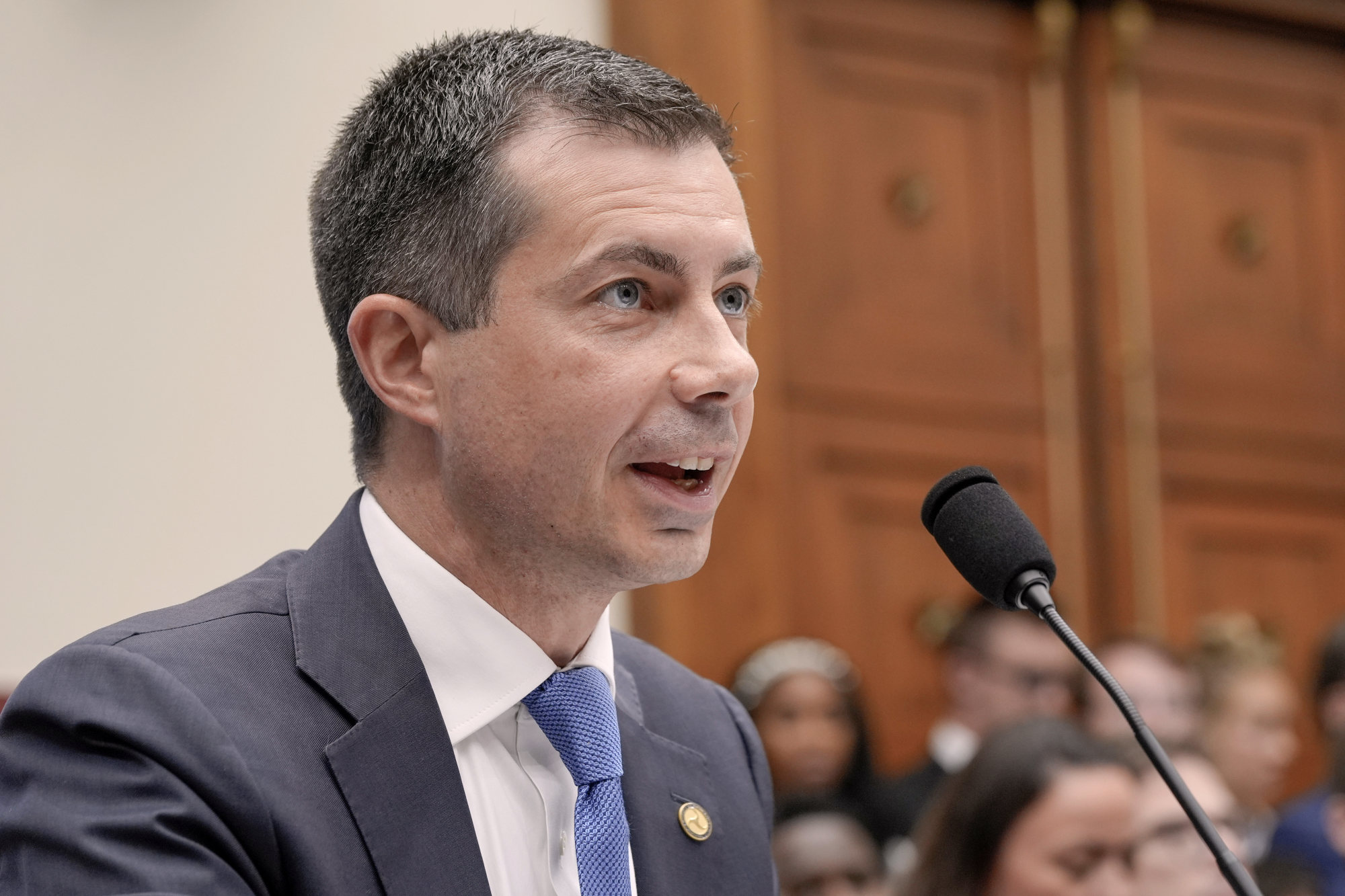
Pete Buttigieg
Pros:
Biden’s transport secretary is an effective communicator and popular moderate Democrat who won plaudits for a promising, if losing, Democratic primary campaign in 2020.
The openly gay former mayor of South Bend, Indiana, has spent 3½ years as a loyal Democratic team player and by most accounts effective member of Biden’s cabinet.
He brings Midwest authenticity, and at 42 would claim a generational mantle for change, a dramatic shift from the 81-year-old Biden and 78-year-old Trump.
Cons:
While it might be hard to imagine after the drama over Biden’s age, but Buttigieg’s youth and inexperience could be seen as a downside especially against a figure like Trump.
Even though Buttigieg rarely talks about his sexual identity, a significant chunk of American voters say they will not vote for an LGBTQ person.
Buttigieg performed abysmally with black and Latino voters in the 2020 race. That would make him a particularly tough sell to the party’s base, especially if there is an open fight with Harris over the nomination.
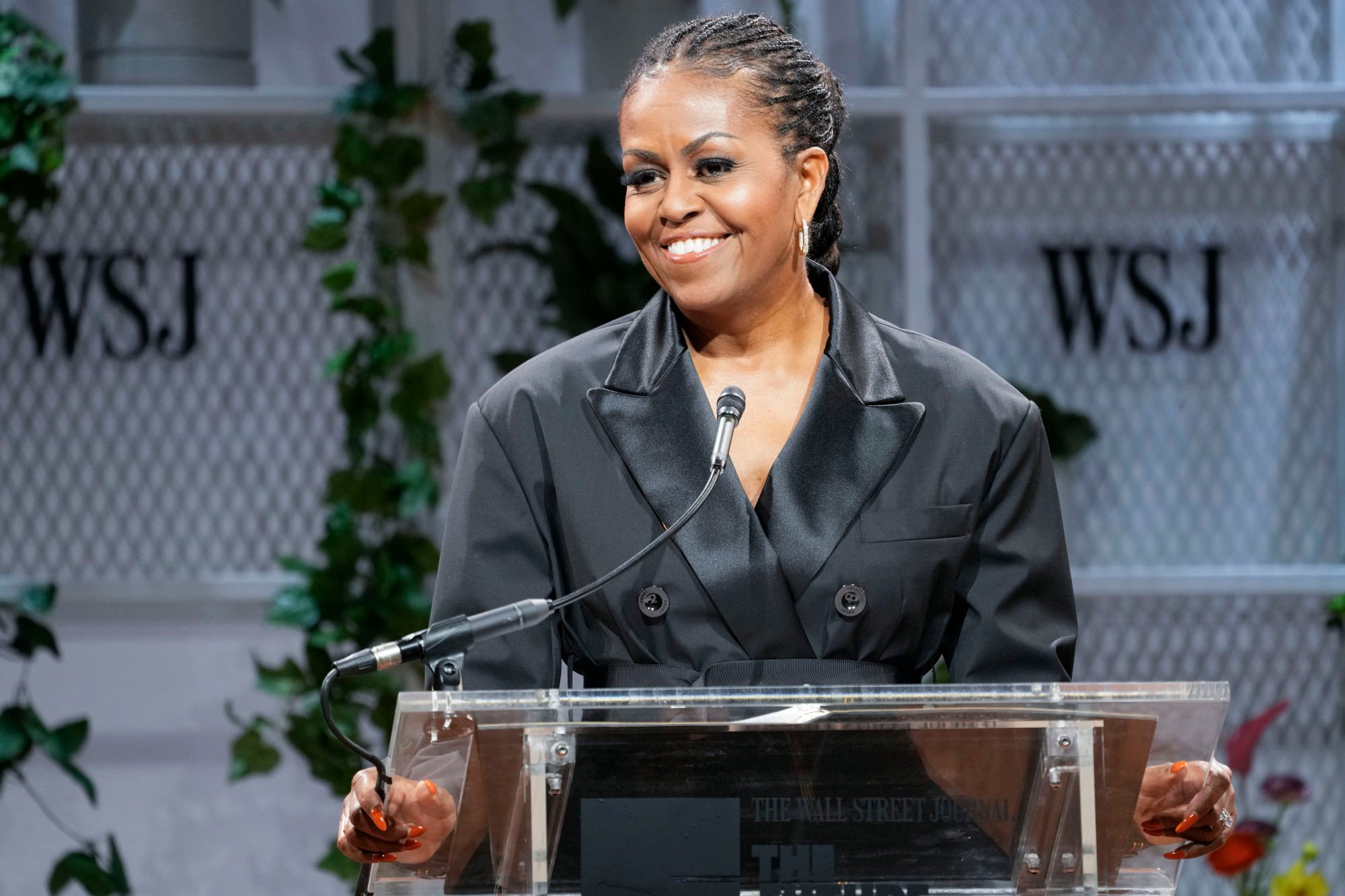
Michelle Obama
Pros:
The popular former first lady is a surprising darling of pollsters, leading Trump by a wide margin even as most potential Biden alternatives trail the ex-president.
Cons:
Michelle Obama has repeatedly said she is not interested in running for any office, let alone the White House.
There is really no reason not to take her at her word, especially since she knows better than anyone the toll that such a race would take on her and her family.


